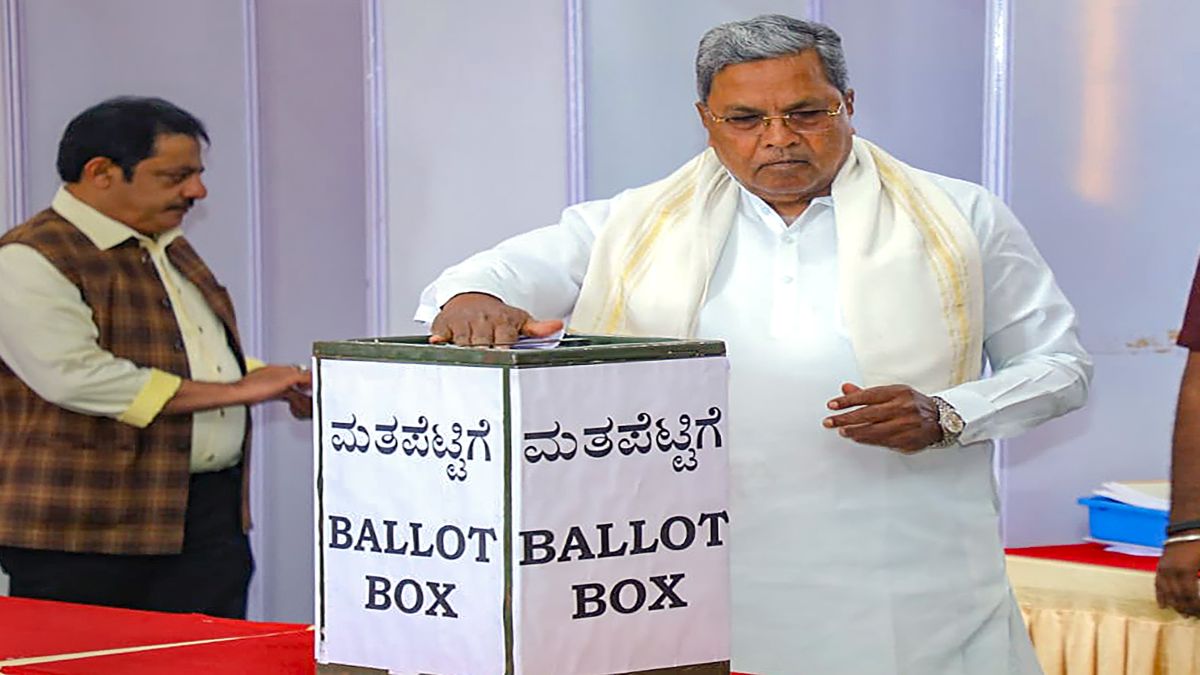With the passage of the GST Bill in the Rajya Sabha, startups can heave a sigh of relief. However, they will be required to engage professionals so as to ensure the right compliance to provisions of GST, say analysts.
The oft-stated complaint from e-commerce is about cascading taxes. That the GST will offset it is a huge breather, a few founders of e-commerce companies said. Currently, Indian inventory spend (losses, obsolescence, wastage) can be up to 50-60 percent. Seamless movement of goods across the country could mean this lost inventory spend being available to deploy in productive value creation to further propel economy’s growth.
“The GST could be a game changer for the fast-growing Indian economy and provide a fillip to the Prime Minister’s ‘Make in India’ initiative. We hope the government will move fast to simplify procedures and upgrade road infrastructure to world-class levels,” hoped Deepak Garg, Founder, Rivigo, a tech-enabled logistics company. However, since there is no clarity about the details of the GST, it is too early to speak of quantifiable benefits, said Adhil Shetty , CEO and co-founder Bankbazaar.com .
Start-ups will benefit as GST brings about uniformity, simplification in process and a centralised registration for these companies, says Apoorv Ranjan Sharma, Co Founder and President Venture Catalysts. This would help reduce tax burden, logistics and inventory cost and ensure full-fledged movement of goods in reduced time, positively impacting sales and profitability.
When start-ups are launched by entrepreneurs who quit usually well-paying jobs or dip into their personal and family kitty, additional burden imposed by an inefficient tax regime are a distraction. To that extent, a set of uniform policies and exemptions proposed under GST is expected to make life easier for startups.
“The GST, however, is not just about the methodology for calculating tax but also envisages the implementation of more streamlined processes and infrastructure related to taxation,” says Ajay Hattangadi, Group COO and CEO India, InnoVen Capital. “While filing of taxes will no doubt become more efficient, the process also touches aspects of how companies are incorporated and registered as well as wound down, both of which are important for startup companies,” he says.
For e-commerce companies, which are forefront in the startup boom in the couuntry, the regime is likely to increase the compliance burden. Sandeep Ladda of PwC says that since the GST is a destination tax, the compliances will be the e-commerce website’s responsibility and not the sellers’. So the work for these companies will increase.
The benefits conferred by GST, however, are more longer term but does involve some short-term challenges such as that of orienting the business and the operational costs that would have to be borne in managing the transition to the new regime, say analysts.
E-commerce companies are a new breed of businesses from the traditional brick and mortar conglomerates. Separate state levies have led to lack of clarity about taxes. With the GST, it is hoped it will remove the mist about different taxes.
Nonetheless e-commerce companies should be indeed happy about the big tax reform. This is because their business can thrive only when there is seamless movement of goods.
As Ashish Goel, CEO and Co-founder of Urban Ladder, rightly points out “As a consumer e-commerce brand, our focus is on building a seamless supply chain and logistics network that helps us fulfill customer orders in different parts of the country. GST will help create a single unified market across India and allow free movement and supply of goods in every part of the country."
Vijay Shekhari of Cashcare Technologies concurs: It is great that GST combines many taxes including service tax, excise tax, VAT, luxury tax and others into one. From our perspective, we would not have to rush at the end of the month to ensure we are compliant and have completed all the tax work in a timely manner.


)




)
)
)
)
)
)
)
)